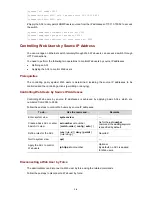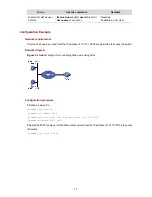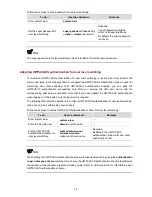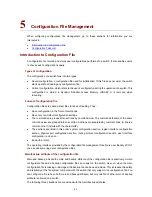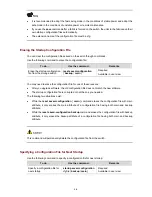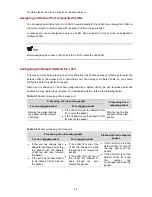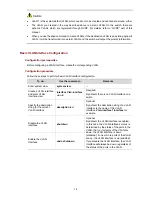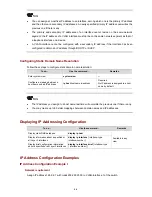
Figure 6-1
A VLAN implementation
Advantages of VLANs
Compared with traditional Ethernet technology, VLAN technology delivers the following benefits:
z
Confining broadcast traffic within individual VLANs. This saves bandwidth and improves network
performance.
z
Improving LAN security. By assigning user groups to different VLANs, you can isolate them at
Layer 2. To enable communication between VLANs, routers or Layer 3 switches are required.
z
Flexible virtual workgroup creation. As users from the same workgroup can be assigned to the
same VLAN regardless of their physical locations, network construction and maintenance is much
easier and more flexible.
VLAN Fundamentals
VLAN tag
To enable a Layer-2 switch to identify frames of different VLANs, a VLAN tag field is inserted into the
data link layer encapsulation.
The format of VLAN-tagged frames is defined in IEEE 802.1Q issued by IEEE in 1999.
In the header of a traditional Ethernet data frame, the field after the destination MAC address and the
source MAC address (DA&SA) is the Type field indicating the upper layer protocol type, as shown in
Figure 6-2
.
Figure 6-2
Encapsulation format of traditional Ethernet frames
IEEE 802.1Q inserts a four-byte VLAN tag after the DA&SA field, as shown in
Figure 6-3
.
6-2


